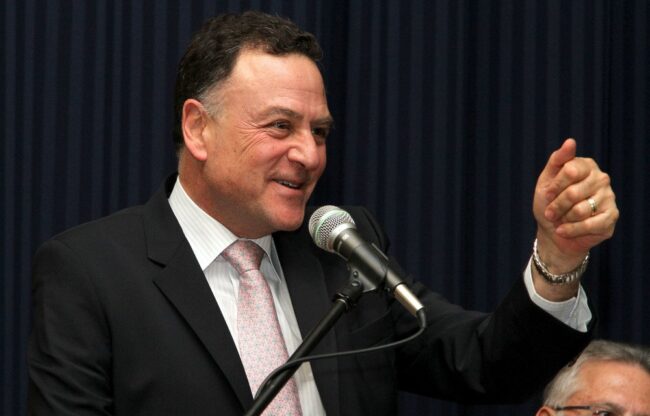Former Democratic Alliance leader Tony Leon has called for Elon Musk’s satellite internet service, Starlink, to be allowed to operate in South Africa. Leon argues that expanding access to high-speed internet through Starlink could bridge the digital divide and boost economic growth in underserved regions.
The Case for Starlink in South Africa
Starlink, a division of SpaceX, provides high-speed, low-latency broadband internet via a constellation of satellites. While the service is available in several African countries, regulatory hurdles have delayed its launch in South Africa.

Tony Leon emphasized that “South Africa’s internet infrastructure lags behind many developing nations, leaving rural and remote areas at a significant disadvantage.” He believes Starlink could revolutionize connectivity, particularly in regions where traditional ISPs have failed to deliver reliable services.
Regulatory Challenges
The Independent Communications Authority of South Africa (ICASA) has yet to grant Starlink the necessary licenses to operate. Critics argue that local telecom regulations favor established providers, stifling competition.
Leon urged regulators to “prioritize innovation over bureaucracy”, suggesting that Starlink’s entry could pressure local ISPs to improve services and reduce costs.

Economic and Educational Benefits
Wider internet access could transform education, healthcare, and small businesses in South Africa. Remote learning, telemedicine, and e-commerce would benefit from stable, high-speed connections.
Tony Leon’s endorsement highlights the growing demand for alternative internet solutions in South Africa. If regulators approve Starlink, it could mark a turning point in the country’s digital transformation.





Leave a Reply